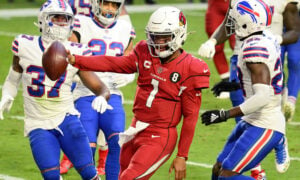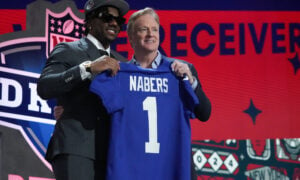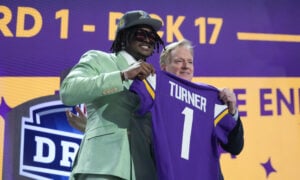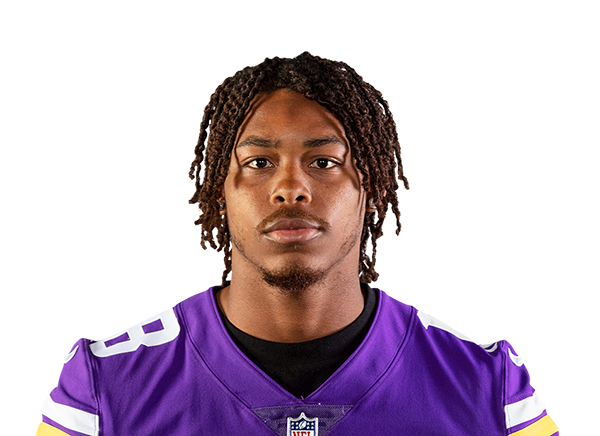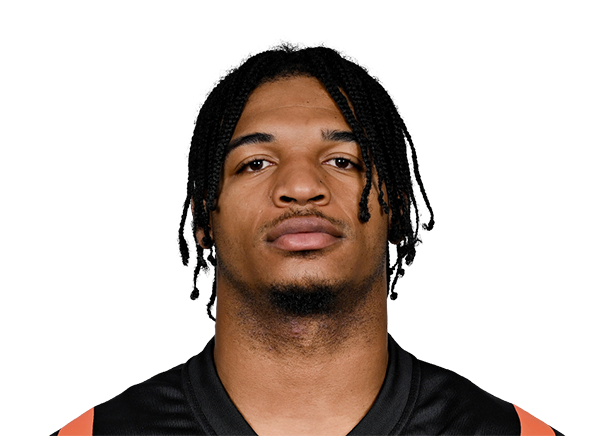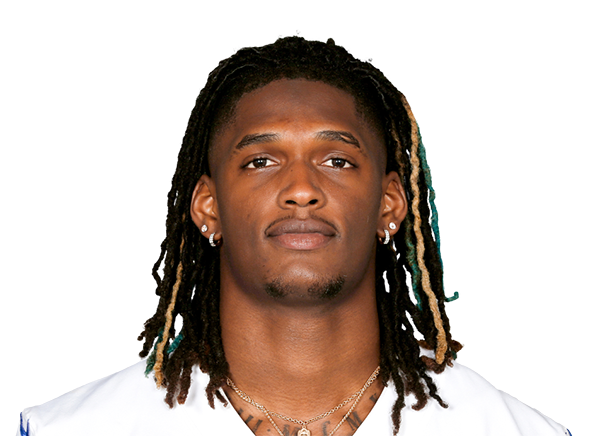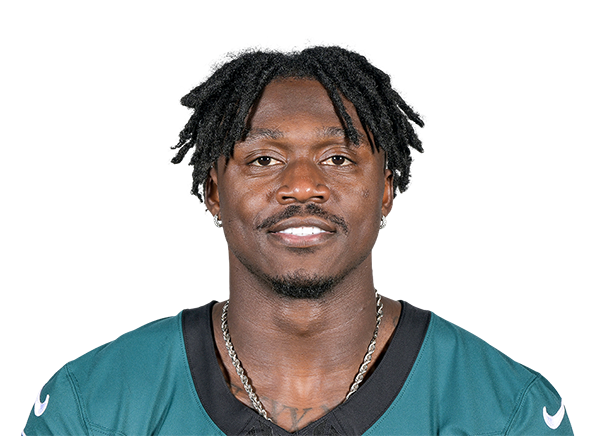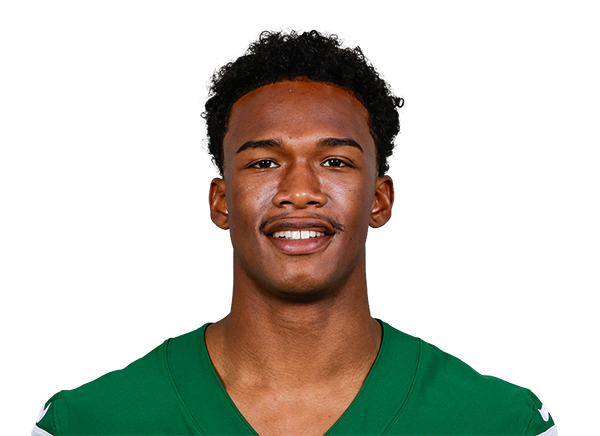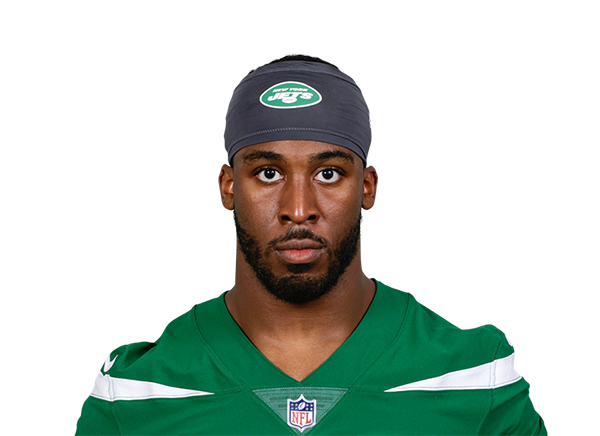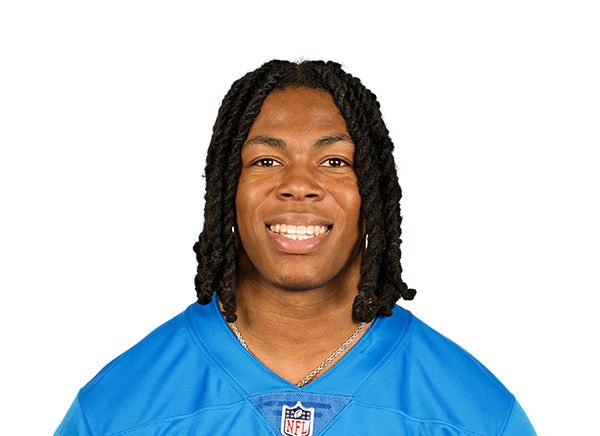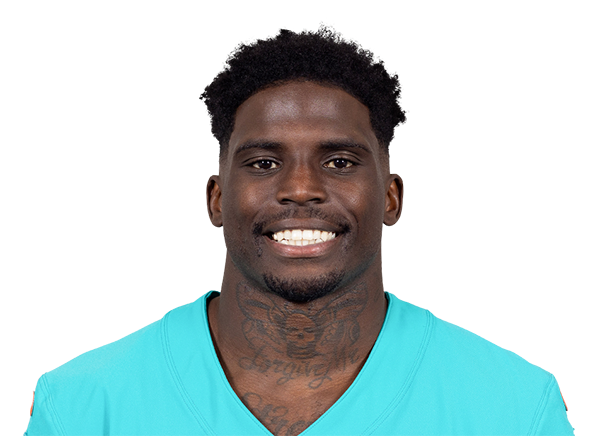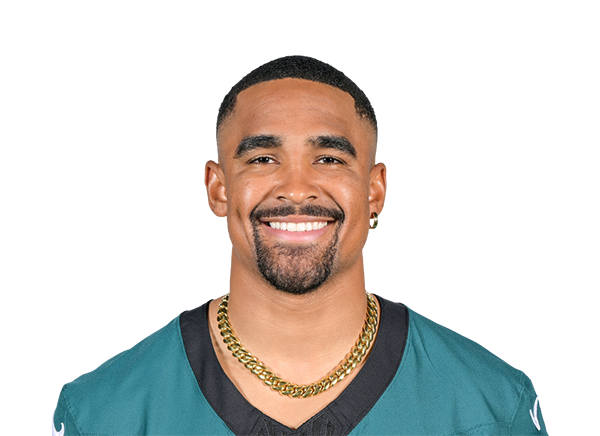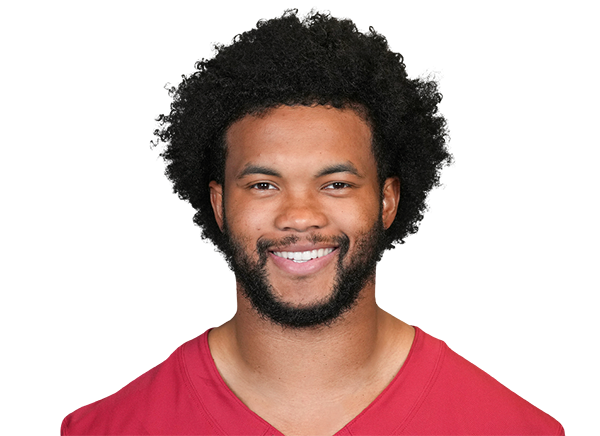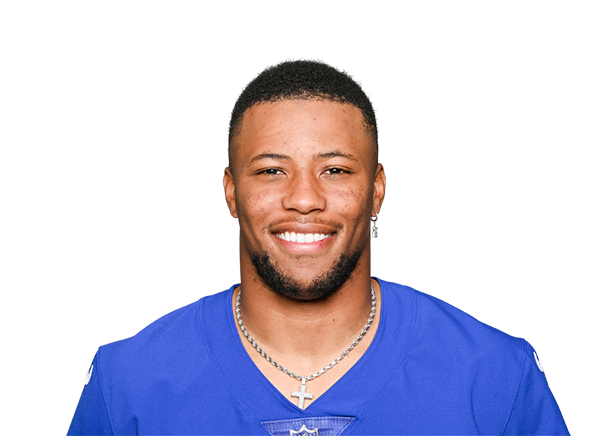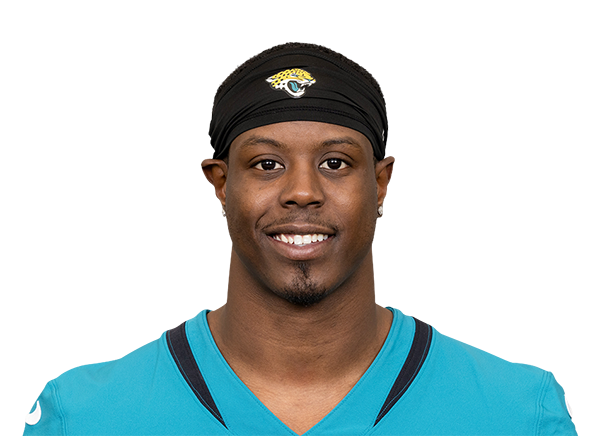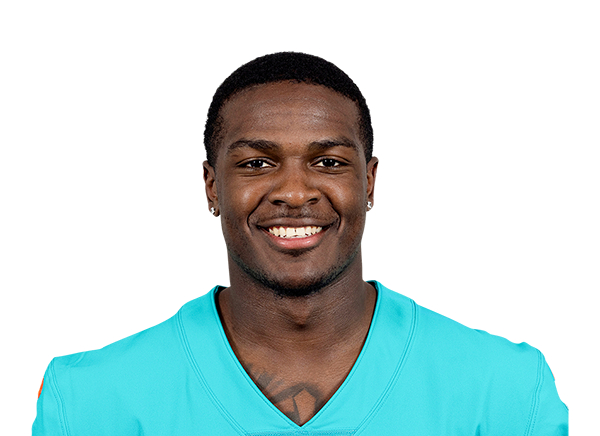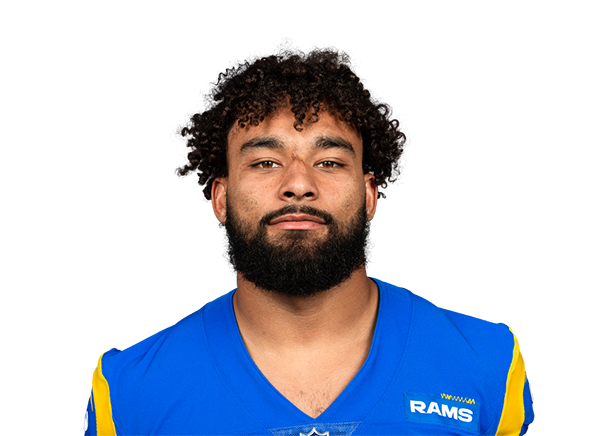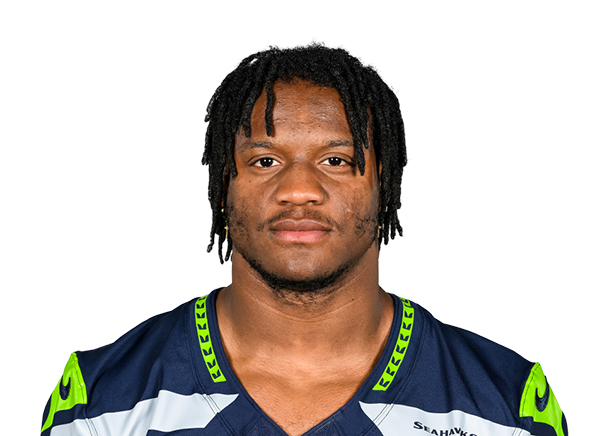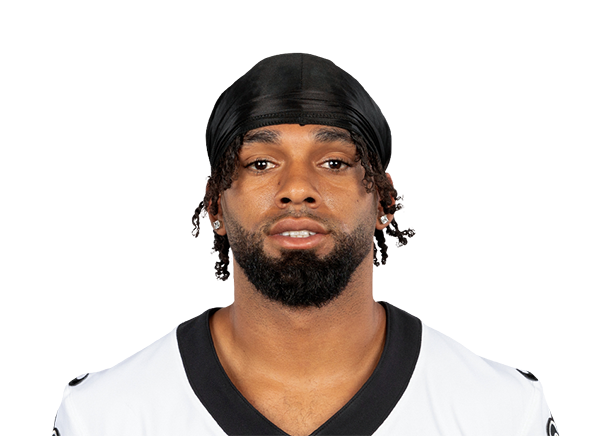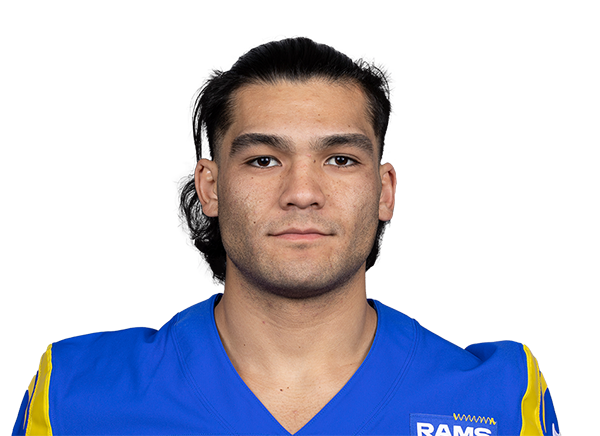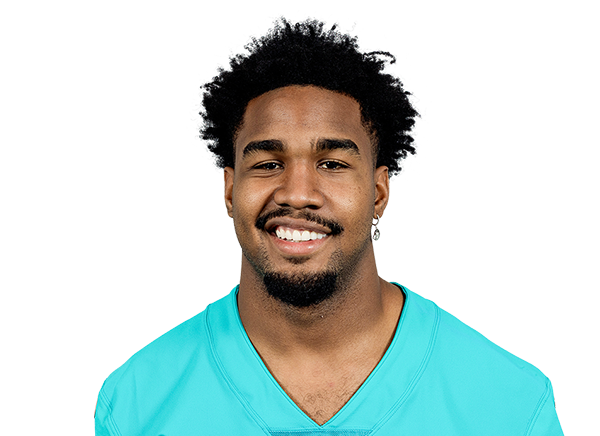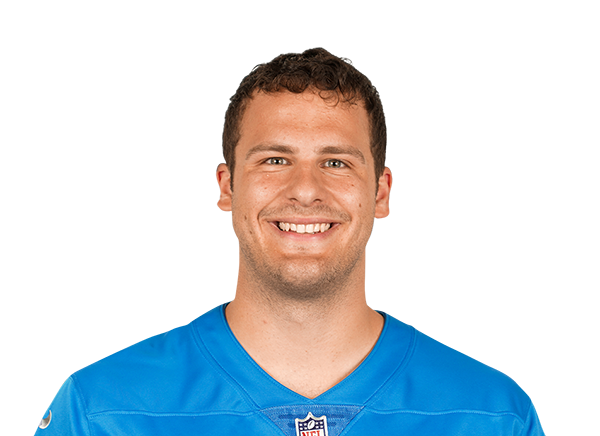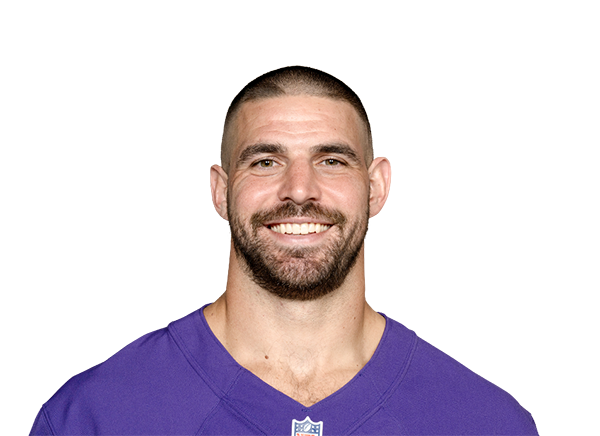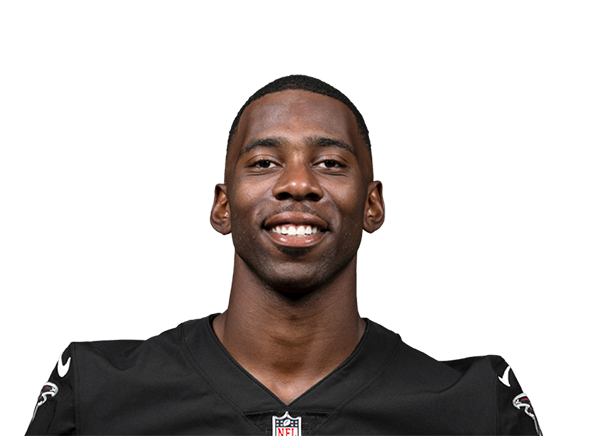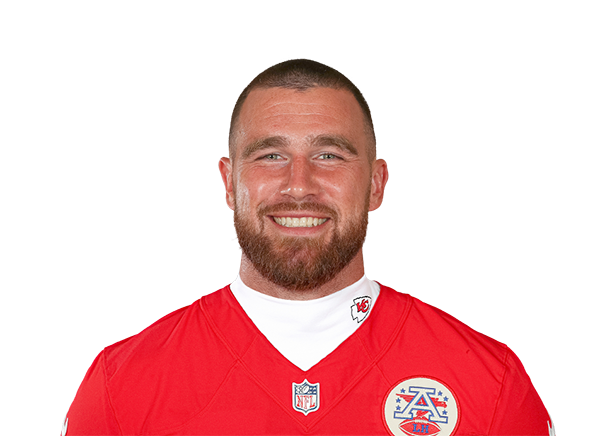Hasty Assumptions: The Ten Trade Commandments
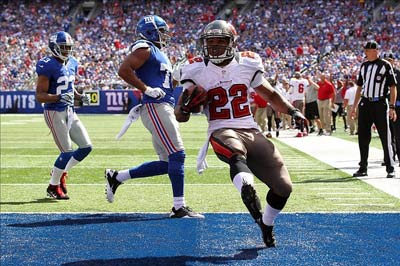 We’re through three weeks of the fantasy calendar and if you’re like me, you have a general idea of what your players will give you this season. Last season, I realized the need to sell high on Mark Ingram after week three, and traded him for what ended up being Doug Martin. Had I waited any longer, I wouldn’t have come close to receiving that type of return.
We’re through three weeks of the fantasy calendar and if you’re like me, you have a general idea of what your players will give you this season. Last season, I realized the need to sell high on Mark Ingram after week three, and traded him for what ended up being Doug Martin. Had I waited any longer, I wouldn’t have come close to receiving that type of return.
Trading season is officially upon us and within that, there are rules you must stick to. Rules that if executed properly, will not only keep you in good graces with your league even after getting the deal you want, but will get similar deals in the future. With that, I give you the Ten Trade Commandments:
1. Thou shalt not Mislead thy Opponent
This is the first commandment for a reason; if you break it, you’re going to be very, very sorry.
No joke; in 2005, I watched Terrell Owens get traded ONE HOUR after he had been suspended for the rest of the season by the Philadelphia Eagles. By the time the other owner figured out what had happened, it was too late; the trade had already gone through. Later on, the other owner claimed he didn’t know Owens had been banished, but refused to reverse the trade. Of course, the owner stuck with T.O. left the league a day later, ruining the rest of our fantasy season.
This comes down to respecting your fellow owner. Trade tactics like this not only burn bridges, but will get you banned from your league.
2. Thou shalt Give thy Opponent Options
This is an effective trade tactic for me. Another owner has a player I want, so I’ll offer him three different trades, elevating his comfort level, and letting him make his choice all at the same time. Plus, it allows you an easier way to get the player you want. Sometimes, owners are simply in the mood to make a trade, leaving you to capitalize.
3. Thou shalt Follow-Up in Post–Agreement
This is more about cultivating relationships than it is about negotiating trades. Keep your fellow owners happy and engaged when the player you traded to them does well. You know how to look for talent and the player you’re receiving will do well. The player he’s receiving is not a sure thing – that’s why you traded him. When that player has a big week, don’t hesitate to acknowledge it. That particular owner will be more likely to trade with you in the future.
4. Thou shalt Always Ask for thy Greatest
This is one of my personal rules for making trades. The last thing you want to hear after making a trade is someone saying they would have paid more. If you want a third round pick, ask for a first. It shows how highly you value that player. Last year, I looked to trade a freshly injured Rashard Mendenhall at the end of the season. Best case scenario; I would get a third round pick in a rookie draft. I asked for a second rounder, and he gave me two third-round picks. Another key to making that deal was that I asked him to set the price tag on MY player. Always do this in negotiations, as you might pick up more assets than you originally thought.
I do not believe in trading quality for quantity. The attitude I take is that my team is good enough to fill the holes I create when I trade two or three players to get an elite player. If I want a bona fide keeper, I’ll trade any amount of draft picks it takes to get him. I know that elite players are going to be exactly that for my team. I can’t say that about how those draft picks will turn out.
It’s a lot like the episode of Family Guy where Peter Griffin had to decide between a boat and a mystery box. If Calvin Johnson is the boat, you don’t want the mystery box. Take the boat.
5. Modesty is thy Greatest Policy
When playing your friends, don’t flaunt any of your successful trades. First of all, nobody wants to hear you talk about your own team, but they also don’t want to be reminded they’re the reason you’re as successful as you are. Enjoy winning your trades on your own time, but don’t let the person you trade with hear about it. Let your play speak for itself.
6. Honor thy Failures and Misfortunes
If there’s a perception in your league that you’ll eventually win any trade you make, people won’t deal with you. That’s why it’s essential to keep a little salt in your wounds over the trades that didn’t work out. When you lose a trade, let your league know about it. Even the great owners slip up every so often. You’re not going to win every trade, but sometimes that’s the perception, so speak up in the tough times!
7. Thou shalt Know when to Conclude thy Effort
Nothing is worse than an owner who doesn’t know when to walk away from the bargaining table. “No sir, for the 18th time, I’m not giving you Stevan Ridley for a sixth-round pick.” Make a couple of offers, go back and forth, then call it a day. Unless you’re willing to write a blank check, know when to give up.
8. Thou shalt Not Forget thy Unknown
Simple rule here: when you’re throwing-in players to even out trades, the older the throw-in, the better. I once made the mistake of casually tossing in a backup running back from the Kansas City Chiefs a few years ago in a trade for Hines Ward – that player ended up being Jamaal Charles. I don’t hesitate to remind my league mates about it since Charles, for me, is that one who got away. On the plus side, that owner and I have made many trades since then, almost all of which I would be happy to make again in hindsight.
9. Thou shalt Always Honor thy Text Code
The perfect means of communication for discussing fantasy football trades is the text message. Fantasy football is not serious enough to warrant direct phone calls. Failing in trade negotiations over the phone is about as awkward as the waiter approaching you and your date to mention that you forgot to flush their bathroom toilet.
The design of a text message is casual, so treat it that way. Keep in mind that when you send an offer, the other owner will take time to comb over statistics, schedules, projections, et cetera. A text message is the perfect allowance for the time your peer needs. Once you get close on a deal, it’s acceptable to make a phone call, but open the talks that way. Otherwise, it sounds like a legal interrogation.
10. Thou shalt Pay the Most Even During thy Worst
It’s rare the price of a player drops too significantly in dynasty leagues. Poor performance or injury to an elite player doesn’t mean his price will go down; it simply makes that player attainable. Last season, trading three first-round picks for Adrian Peterson was a moot point, because he wasn’t being traded for any price.
After his injury, Peterson’s owner was simply willing to listen to offers. You would still have to make him a deal he couldn’t refuse, but he was willing to deal, which is sometimes the key. When you’re thinking long-term, bad news for a player you want may simply be a door opening to make a deal. It won’t let you acquire that player for cheap, but it will open the door for something to happen. Don’t be afraid to pay high for a buy-low.
Follow these rules, and you’ll be surprised how well they enable you to start making moves. Now, go make a few deals before it’s too late.
Editor’s Note: For more trading tips and strategies, make sure you’ve checked out the DLF Game Plan – exclusive for our Premium Subscribers. Follow Dan Hasty on Twitter @DanHasty34.





